 The life of Ernesto Guevara de la Serna is most like a legend. The truth is simmered over a slow flame along with countless inaccuracies. Since the date of his birth until the date of his death in the Bolivian village of La Higuera, mix-ups abound.
The life of Ernesto Guevara de la Serna is most like a legend. The truth is simmered over a slow flame along with countless inaccuracies. Since the date of his birth until the date of his death in the Bolivian village of La Higuera, mix-ups abound.
According to the official Cuban historiography, Ernesto Guevara, alias Che, was born on 14 June of 1928 in Rosario, Argentina, and was assassinated on 8 December of 1967 in Bolivia.
The American biographer and journalist John Lee Anderson offers another version, by pointing out that the date listed on Che’s birth certificate is false. He alleges that the reason must have been to cover up the pregnancy of Celia de la Serna, Che’s mother. At the time of her marriage to Ernesto Guevara Lynch on 10 December of 1927, she was three months pregnant.
Anderson’s version is supported by the Argentine biographer Julia Constenla, to whom Celia personally confirmed Che Guevara’s true birth date and the circumstances of her pre-marital pregnancy.
As far as the official Cuban media are concerned, Che was born a month later. As such, the 85th Anniversary of his birth was celebrated last Friday, 14 June. Surrounding his death, another curious bit arises.
In Cuba’s elementary and high schools it is taught that Che was assassinated on 8 October of 1967 in the Bolivian hamlet of La Higuera. Scholarly texts highlight that he could have been captured in Quebrada del Yuro, after being injured in the leg due to an automatic rifle malfunction.
The Castros regime loves epic odes. They speak little of how José Martí died in an absurd skirmish dressed like a wedding guest and trotting along on a white horse. A perfect target for the colonial Spanish army.
When a security guard at the Peruvian embassy, Pedro Ortiz Cabrera, died on 1 March of 1980, the official Cuban press blamed the driver of the bus that crashed violently against the embassy gates with the intention of requesting asylum.
It was never mentioned that the true cause was the ’friendly fire’ of his own comrades. During the United States occupation of Grenada in 1983, the Cuban media got ridiculous.
In a fervent paean of praise, in the best North Korean style, an official announcement told us that the valiant Cuban collaborators who defended the airport they were building in Granada died embracing the Cuban flag in battle against the U.S. 82nd Division.
A few days later it became known that there was no such fight. Nor did anyone die gripping the national flag: the supposed officer in command of the troops ran away and requested asylum in the embassy of the erstwhile USSR.
Thus, historians should read the official versions of the “legendary guerrilla expedition in Congo or Bolivia” led by Che with a magnifying glass.
Ernesto Guevara has as many followers as he has detractors. To the extent that in May of 1968 in Paris, disgruntled students utilized his image as the guardian of their protests. His photo (taken by Alberto Korda in March of 1960 in the port of Havana, at the site of the explosion of a Belgian freighter that was transporting light arms) has been seen around the world.
Che has become a marketing icon. The “disgraceful capitalists” that he so hated sell countless products with his image. And his relatives in Havana collect copyright royalties.
Guevara, also nicknamed el Chancho (“the pig”) for his scruffiness and lack of personal hygiene, which gave him the air of a Buenos Aires hippy, was the archetype exalted dogmatist. His motorcycle tour throughout various countries of the Southern Cone and Guatemala, defined his harsh, gloomy, and ascetic character. His trip etched into his mind a one-way theory: the only way to be sovereign in Latin America was through armed struggle.
And by November of 1956, when he joined 81 Cuban expeditionaries on their voyage on the Granma yacht, he was a convinced communist.
He became a commander in Fidel Castro’s rebel army thanks to his temerity in battle and his discipline under the threat of atomic bombs. There are various documented witness accounts of his exaggerated disposition toward violence during that era.
He was a soulless tyrant during many executions. He pulled the trigger without regret against those he considered enemies and traitors of the cause. Once the revolution triumphed, Che Guevara took control of La Cabaña, a military fortress adjacent to Havana Bay.
One of the first measures undertaken by the new government was to establish a judicial committee, charged with investigating citizens who were associated with the Batista dictatorship, supposed war criminals, and nascent political opponents.
Between January and April of 1959, approximately one thousand persons – other sources cite several thousands – were sentenced to death or lengthy prison terms in summary trials without due legal process.
The figures of those executed by firing squad vary. Between 550 and 3,000. In his post as military chief of La Cabaña, Che was responsible for the trials and executions. He expressed his opinion on the executions publicly before the United Nations on 11 December of 1964:
“We have to say here that which is a known truth, that we have expressed always before the world: executions, yes, we have executed; we execute and will continue to execute as long as it is necessary. Our struggle is a struggle to the death. We know what the result of a defeat would be, and the gusanos* also must know what the result of the defeat in Cuba is today.”
Guevara was assigned various ministerial portfolios. His performance was dismal. He was convinced that, in order to eradicate the “bourgeoisie vices inherited from the old society”, a “New Man” must be forged.
That is, the prototype of a robot made of flesh and bone, obedient to orders from above, focused on his work like a slave, and barely given to rumba and alcohol. Of course, with a license to kill “Yankees in any corner of the world”.
From his posts among sectors of the Cuban economy, Che launched the confiscation of national and foreign businesses, central planning, and “volunteer” labor. He internationalized the armed struggle. From the Congo in Africa to an uprising in Salta, Argentina, and the failed rebellion in Bolivia.
Personalities from diverse ideological and professional backgrounds have expressed their admiration for Che, like Domingo Perón and Jean Paul Sartre; the soccer players Diego Armando Maradona, Leo Messi, and Thierry Henry; the boxer Mike Tyson; the musician Carlos Santana, the actor Pierre Richard; the writer Gabriel García Márquez; the Chechen leader Shamil Basayev; the rock group Rage Against the Machine; the Sandinista leader Edén Pastora and presidents Evo Morales and Rafael Correa.
His motto, “Ever onward to victory” was used as a crutch by the deceased Venezuelan head of state Hugo Chávez.
Among progressives and subversives of half the world, with a discourse that favors the poor against gringo hegemony, there is never a lack of someone with a tee-shirt or a protest sign with his image.
Perhaps Che Guevara’s greatest achievement was that he risked his own hide to demonstrate his truths. The shadows of his personality are better forgotten.
Iván García
Translated by: Yoyi el Monaguillo
30 June 2013
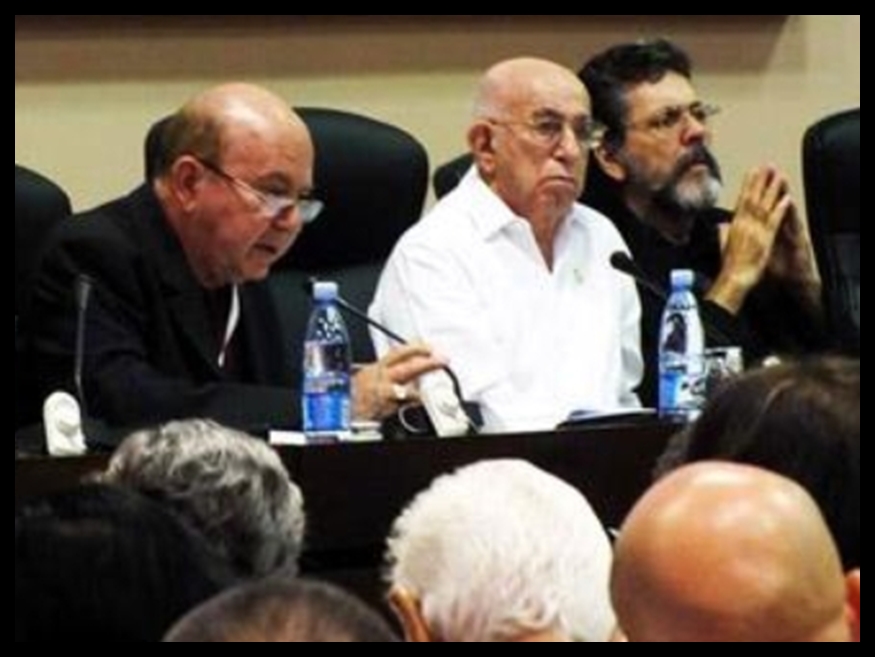



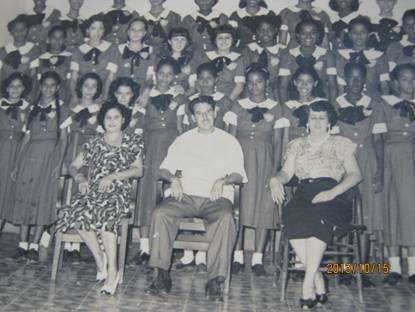

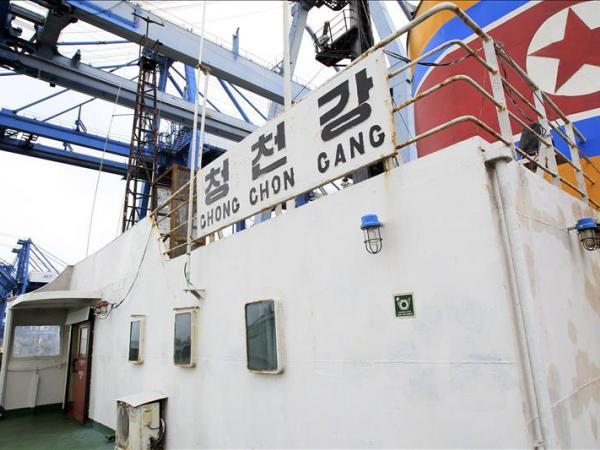





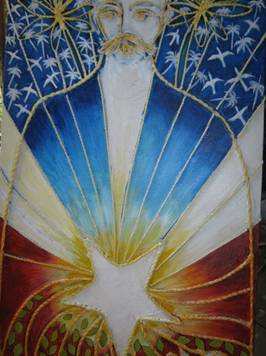

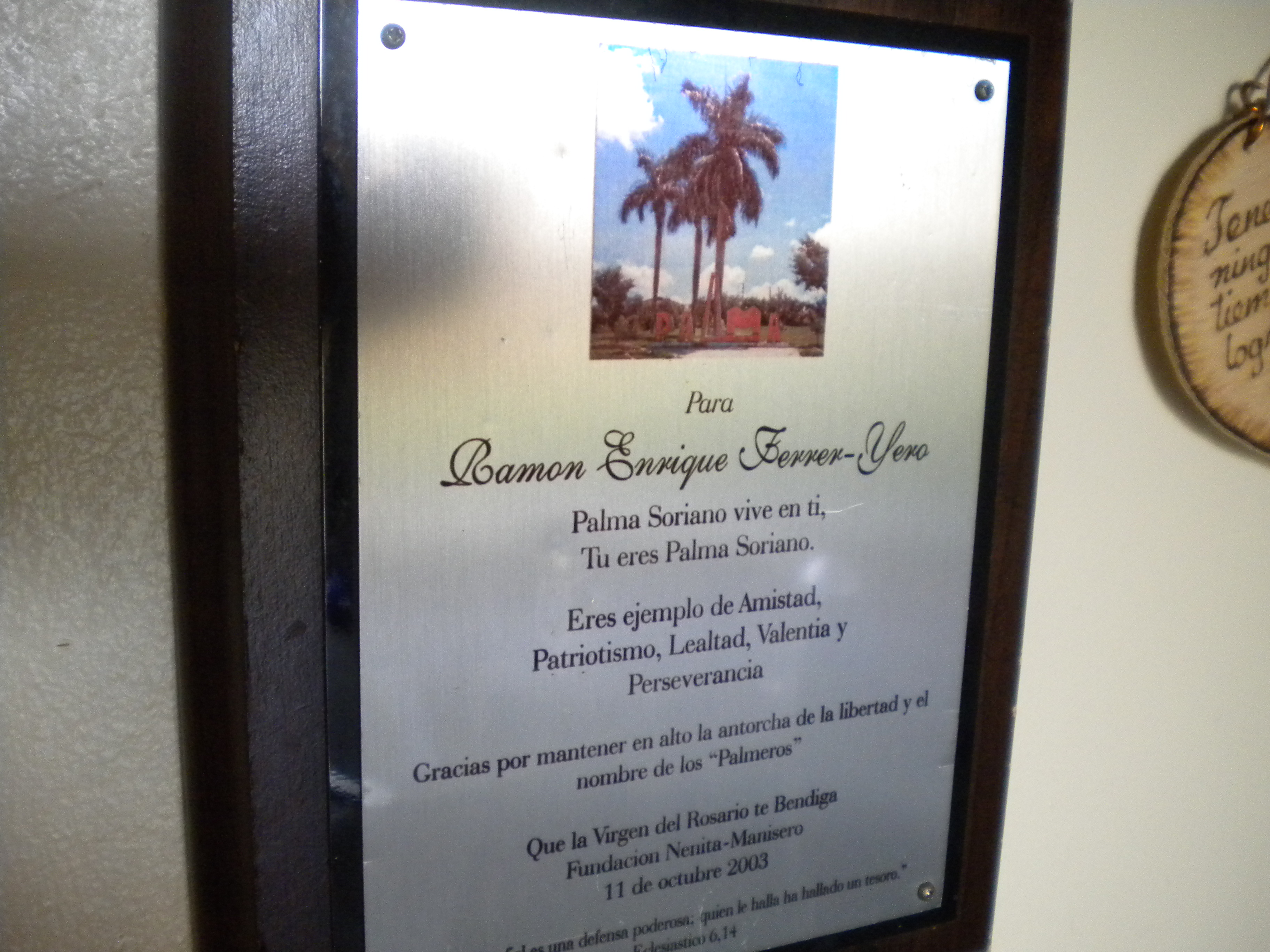
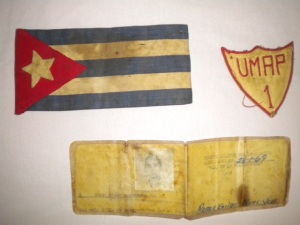

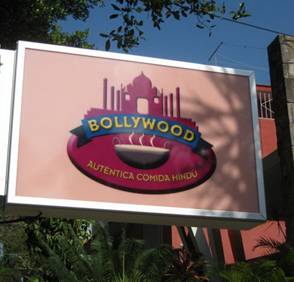
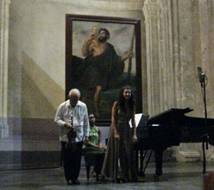 On this occasion, the strings and bow plucked by Tieles brought us the whims of Paganini, those nocturnes by Chopin, and crowned the majesty of the repertoire with Schumann’s Sonata in A Minor, Opus 105.
On this occasion, the strings and bow plucked by Tieles brought us the whims of Paganini, those nocturnes by Chopin, and crowned the majesty of the repertoire with Schumann’s Sonata in A Minor, Opus 105.